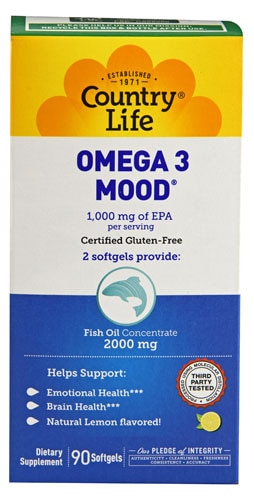Social media's popularity is on the rise. As of July 2015, 76% of all online adults used social networking sites.
In fact, social media is becoming so ingrained in our lives that we're even starting to use it for our health issues.
"Anecdotally, and just looking at the growing participation, people are seeing value in using social media in regards to their own personal health," says Sinclair.
But as we log more time on social networks like Facebook, Twitter and even public forums, it's important to consider what impacts – both positive and negative – social media may have on our overall wellness.
Some of the health-related advantages of social media:
Support
"Finding online support forums may help people identify with people facing the same challenges, which can bring support," says Christian T. Sinclair, palliative care physician in Kansas City and editor of the website www.Pallimed.org.
Of course, social media doesn't extend only to mental support. People are also seeing benefits in terms of their physical wellness.
Fitness trackers, for instance, and the playful competition they support, is one way that social media may be beneficial to physical fitness, notes Sinclair.
Spreading health awareness
Social networks like Twitter make it easy to spread awareness about new health-related studies and news items like tainted product recalls.
"Young people in particular get most of their news through social media, so in the case of health epidemics (e.g., H1N1, ebola, etc.), social media plays an especially large role in spreading awareness," says Shannon Rauch, assistant professor of psychology at Benedictine University in Lisle, Illinois.
It also gives patients an opportunity to discover and share stories about a mutual health issue.
Through social networking, patients are easily able to share more information about what has helped or not during any given treatment course, says Sinclair.
In addition, Sinclair says that social media is giving clinicians the opportunity to participate in more public discussions revolving around health care.
"That is a very good thing," he says.
Some of the health-related disadvantages of social media:
Spreading misinformation
Just as social media has the ability to spread health awareness, it can also spread misinformation.
"Misleading, unsupported, or contradictory messages spread rapidly about everything from essential oils to vaccines," says Rauch.
She says that those messages can lead social media users to make unwise health-related decisions.
"In addition, because social media has the power to shape social norms, harmful health-related behaviors, such as binge drinking, have the potential to be perceived as normal, especially if they appear frequently on one's newsfeed," says Rauch.
For example, frequent posts on a newsfeed about activities such as consuming alcohol will likely, over time, change the user's perceptions about what is normal, she says.
Mental health
In terms of depression and anxiety, there's some evidence that the constant social comparison process that social media elicits can be harmful, notes Rauch.
"This is made worse by the fact that social media users are frequently comparing themselves to idealized versions of other people's lives," she says.
Indeed, a July 2015 study from Ottawa Public Health, the city of Ottawa's agency for health information, found that teens who use social media sites for two hours or more per day are significantly more likely to suffer poor mental health – including psychological distress and suicidal thoughts.
Privacy concerns
Many people have brought up concerns about the relationship between health, social media and privacy, notes Sinclair.
Undeniably, personal health is something most people want to keep private, but people are also interested in access to their doctors and treating providers, Sinclair says.
"Trying to find a good balance between the two takes a good understanding of regulations, technology, and what patients desire," says Sinclair.
How can we use social media more responsibly for health issues?
For making the most of your health using social media, says Sinclair, it should be personally rewarding and not just a procrastination tool. "Many people are starting to figure out how you might turn online connections and support into real-world impact, so find what works for you," he says.
Rauch offers these tips:
- Approach health-related messages on social media with a critical eye. Consider the source. Is it reputable and unbiased? Is there evidence to back up the claims made? Keep in mind that while personal stories can be compelling, they shouldn't replace the knowledge found from controlled research studies.
- Use social media to supplement, not replace, your face-to-face network. Make appointments with your health care providers and ask questions. Meet a friend to exercise, rather than just reporting your regimen online. For optimal mental health, make sure you have regular face-to-face social interactions.
***Editor's note: We encourage safe, responsible use of social media, which is why we are committed to posting trustworthy (and entertaining!) tips, recipes and more on Facebook, Twitter, Instagram and Pinterest.




